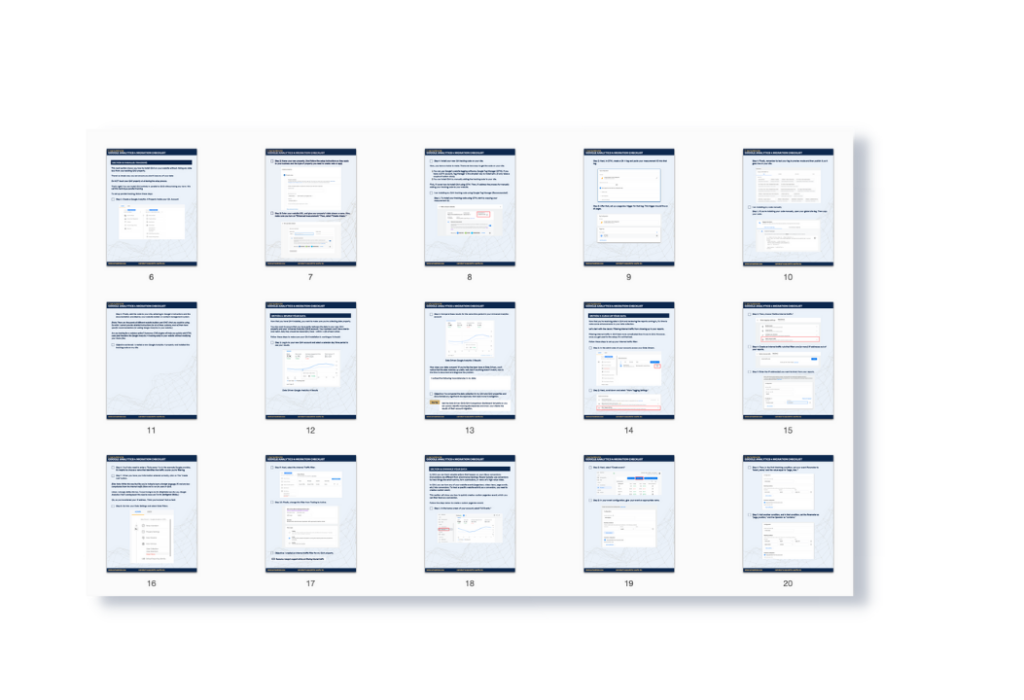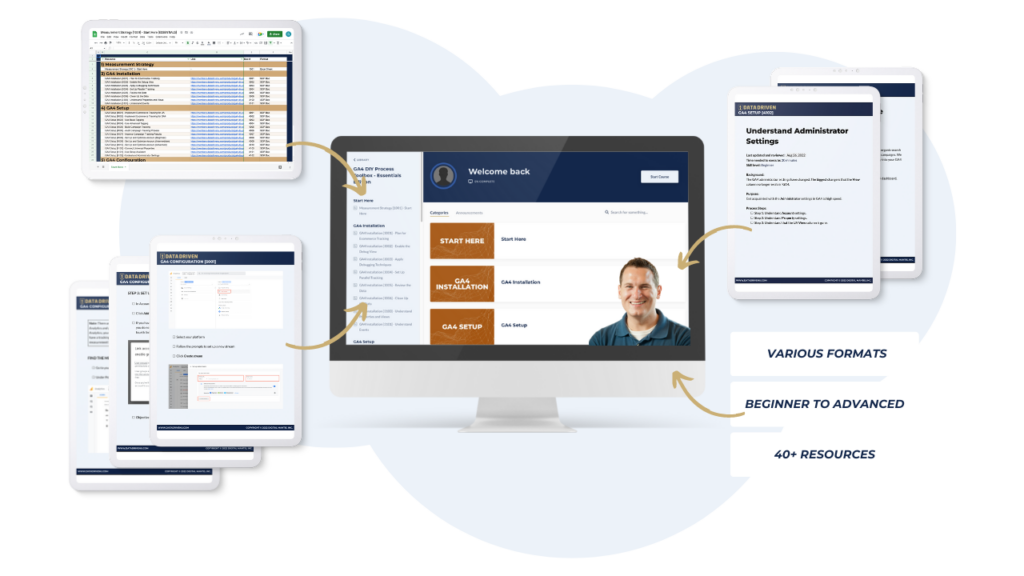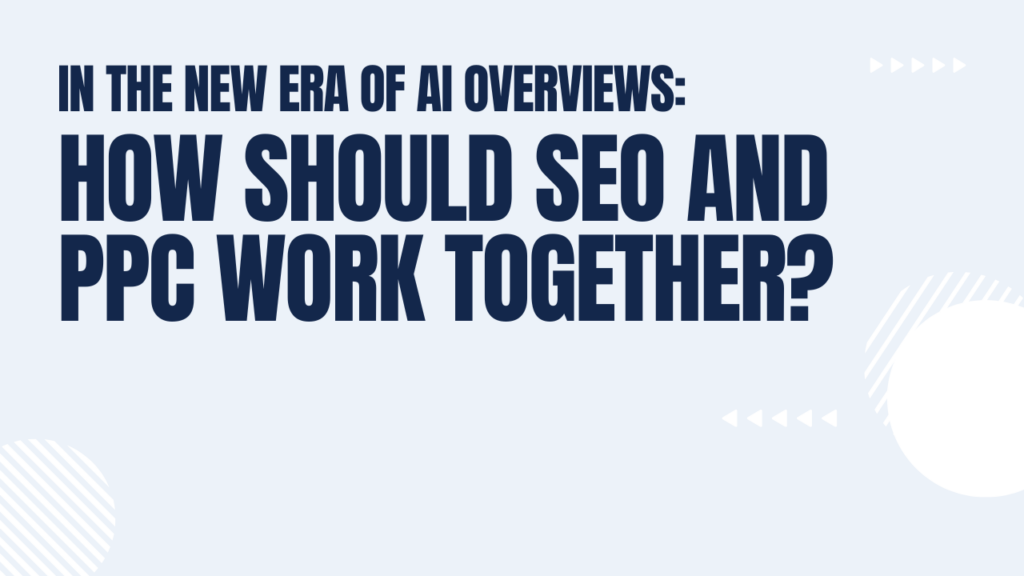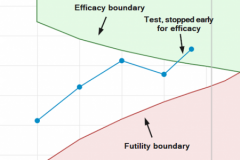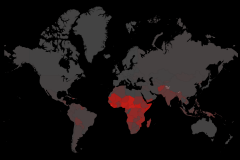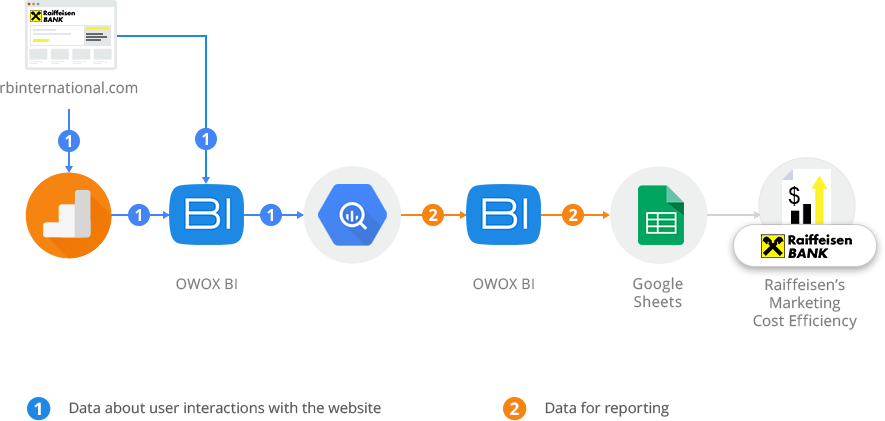Following my previous article providing a framework for a Conversion Rate Optimization (CRO) Maturity Model, in this post I discuss the first pillar in more detail: people.
As I mentioned in the overview article, I consider People as a key asset of the CRO framework. The human resources behind your everyday conversion optimization activities matter the most. They drive insights, prototype and design ideas, setup tests and evaluate them when time is right. It is the glue that sticks all other pillars together and makes conversion optimization possible and effective.
Some companies still underestimate the importance of people and invest money and energy mainly into tools. But the tools themselves are useless without the people behind them. You still need somebody to transform data into information and information into actionable insights.
Avinash Kaushik has a famous post explaining that 10% of your budget should go to tools while 90% of your budget should go to people. I agree with this approach, however I do understand it might not be always realistic. Particularly when using tools like Adobe Digital Marketing Tools where most of its components are quite expensive. Prioritize people over tools is a better strategy than the opposite. Here is a later, modified version of Avinash’s quote:
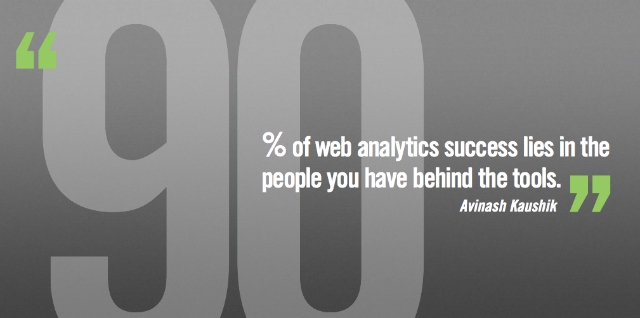
Different Levels Of Maturity
Companies usually start the Conversion Rate Optimization journey by empowering an online marketing generalist. He or she has a broad (but limited) knowledge of online marketing. They can usually do various tasks like basic reporting, website updates, online campaigns execution, online marketing communication etc. Such a person rarely has time to focus on a specific domain in more detail, which is often necessary to make a difference and to improve conversions on a regular basis.
As an organization’s CRO maturity is growing, it delegates conversion responsibilities to a full-time employee at first, then to a small CRO team and eventually to a large one.

Let’s have a closer look at an optimal skill set and an organization structure.
Skill Set Of A Conversion Rate Optimization Specialist
What is the typical skill set of a CRO specialist? That’s a very good question and there will probably be a lot of different answers. My belief is that the best answer contains a set of cross-domain skills. The main ones would be:
- User Experience – Usability and persuasion has a crucial impact on the bottom line of your website. You need to have people with knowledge and a good sense of UX to be able to present your product in an easy-to-understand and desired way. Basic HTML and coding are welcomed.
- Analytics – CRO is a data-driven discipline. Data, or better, actionable insights matter. To be able to measure the performance correctly and to drive actionable insights is extremely important.
- Marketing Communication and Sales – Once I read somewhere: “Your website should act like your best sales man” and I agree with it. Your website needs a right attitude, language, words, pricing strategy and appearance. That’s what good marketers and sales people can add.
- Project Management – Every execution of a test is a project in its way. You need to plan wisely, allocate resources, meet deadlines, verify deliverables and evaluate it in the end.
The list can probably continue and touch some other domains and skills. As you see, it is a wide set of skills and it is almost impossible being an expert in all of them. That’s one of the reasons more advanced organizations need to have a well running team consisting of user experience designers, analysts, copywriters, project managers and marketers.
There is one more “skill” I find very useful – a fresh view. When you’re in a company for a few years you don’t see the same issues that you would have seen if you just started. Your mind gets used to a current state and you may overlook potential issues which can dramatically improve your business.
An ability to think outside the box is more than welcome as well. An unexpected solution may lead to a big win as it might be something that the competition never thought of.
Conversion Rate Optimization – Organization Structure
It is a major challenge to put an organization structure together effectively. Most companies just can’t afford having a full-time CRO team covering all the important domains. It would not pay off.
But there is a lot of companies who do have an analyst, a designer, a marketer and a project manager. One of the possible ways of organizing an effective CRO unit is to group them into a so called “Task Force” and let them focus on CRO for 20% of their time. The other 80% they can dedicate to other projects and daily operations.
One of the main findings of the Conversion Rate Optimization Report 2012 by Econsultancy is on the importance of CRO ownership:
“Over a third (38%) of companies who reported a large increase in sales had one person directly responsible for improving conversion rates. This compares to 26% of companies who’ve seen no change in sales over the previous months and only 11% of those who reported a decrease in sales.”
Can Conversion Rate Optimization Be Outsourced? Should it?
Another dilemma when it comes to Conversion Rate Optimization is: should we hire an agency or do the job in-house? Both have pros and cons and it is up to individual organizations to decide what is better in its case. Rich Page did a great job summarizing the issue at the VWO blog.
Essentially if you want to build a long-term and self-sufficient CRO program it is worth building the expertise in-house. On the other hand if you want to get the results quick and your budget is big enough you might be better off outsourcing it.
And indeed, there is also a hybrid (combination) option. You can have an in-house analyst but no designers. Or you have both but you need some testing expertise and strategy advices. It is unique for each organization and you need to list your goals, resources, expertise and processes to be able to see what approach is best for you
I am sure there are many other ways to effectively organize CRO from a people perspective, the ones listed here have worked in my experience. Please share with us what is working for you and what is your opinion on a described skill set.

